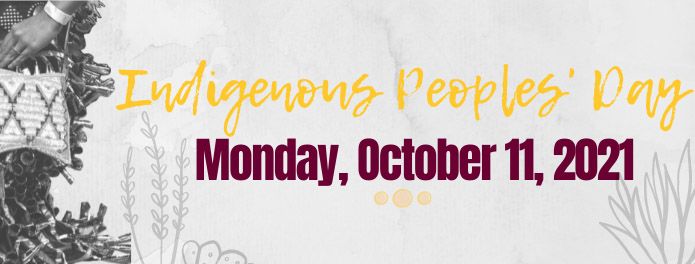
Ataloa Stone in the Archives
In honor of Indigenous Peoples Day, the International House Archives is proud to profile alumna Ataloa Stone McLendon ’25.



Want to support the Archives? Click below. Have a question? Please email me at Archives@ihouse-nyc.org. Support the Archives

Ataloa Stone admission application, 1925 / I-House Archives
At a time when women could not vote and the cultural assimilation of Native Americans was U.S. policy, Ataloa Stone McLendon was a vocal advocate for American Indian rights and proudly expressed her Chickasaw heritage and individual independence. Born near Duncan, Oklahoma, in Indian Territory, McClendon’s legal name was Mary Stone, but her maternal Chickasaw grandmother gave her the name “Ataloa,” a word that means “anthem” or “song” in the Chickasaw language. Educated in a one-room schoolhouse near Duncan, Oklahoma, Ataloa later graduated from the Oklahoma College for Women in Chickasha. At 21, she married Ralph McClendon, who died of the Spanish flu less than a year later. Following his death, Ataloa continued her education at Redlands University with a Bachelor’s degree in Philosophy and enrolled at Columbia University in New York for a Master’s in Religious Education in 1925. While studying at Columbia University, Ataloa was among the first class of residents who lived at International House. During this time, she began performing Native American dances and singing with the stage name “Ataloa” or “Princess Ataloa.” A trained concert vocalist, during shows, Ataloa would sing, tell Native American stories, and conclude events speaking on the issues facing the Native American communities.
Ataloa (Mary Stone McLendon) / Czarina Conlan Collection, Oklahoma Historical Society
After graduating from Columbia, Ataloa abandoned her successful career as a contralto vocalist to teach at Bacone College in Muskogee, Oklahoma. When she arrived in 1927, the small tribal school known for offering students advanced academic subjects like social science and Indigenous history had no arts program. During her tenure, Ataloa not only established a strong arts program and built the first art building, but she influenced a new style of American Indian art, the Bacone School, a movement characterized by tribally specific pictorials blended with a Modernist style of easel painting. When raising funds for the college, Ataloa specifically called on white Americans to donate to save Native culture, as she put it, “since it is you who have taken the responsibility in changing our old civilization.” Following her time at Bacone College, Ataloa continued her career in Native American education and made significant contributions working for the Idyllwild School of Music and the Arts in Idyllwild, California, and the Institute of American Indian Arts in Santa Fe, New Mexico. Having firmly believed in raising the standards in Indian schools and colleges, Ataloa is now considered a pioneer in American Indian education.
Stickball Game by Jerome Tiger, circa 1965 / Gilcrease Museum, Tulsa, Oklahoma
In addition to her work in American Indian Arts, Ataloa also committed herself to human rights causes and remained dedicated to International House. She was an active member of the International House Association of Southern California and a frequent correspondent of International House founder Harry Edmonds. In a letter to Edmonds dated July 23, 1956, Ataloa wrote: “I have thought often and gratefully of your visit with us this Spring…to follow up the “seed” that you planted in the need and contributions of an International House in this area.” Ataloa Stone died in Santa Monica, California, on November 11, 1967. She was honored posthumously on Idyllwild campus when a group of Sequoia trees was named the Ataloa Grove in her honor, and in 2006 she was inducted into the Chickasaw Nation Hall of Fame. Ataloa is remembered for her contributions as an artist, educator, Indian heritage preservationist, and an International House alum. Further Reading- Burke, Bob, “Book Review: ‘Little Song: The Life of Ataloa Stone Mclendon,’” Oklahoman.com, Oklahoman, 13 May 2016.
- Tamara M. Elder, “Ataloa (Mary Stone McLendon),” The Encyclopedia of Oklahoma History and Culture, Oklahoma Historical Society.
Want to support the Archives? Click below. Have a question? Please email me at Archives@ihouse-nyc.org. Support the Archives